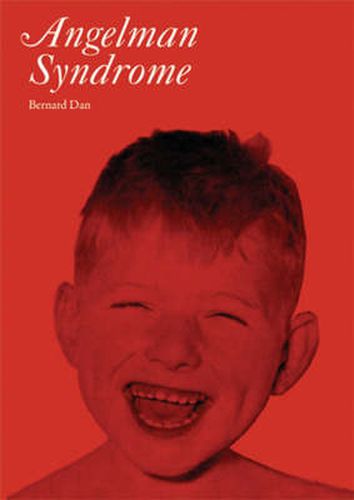Readings Newsletter
Become a Readings Member to make your shopping experience even easier.
Sign in or sign up for free!
You’re not far away from qualifying for FREE standard shipping within Australia
You’ve qualified for FREE standard shipping within Australia
The cart is loading…






This book provides a comprehensive review of clinical and genetic issues, natural history, possible pathophysiological pathways, specific clinical problems (motor impairment, behaviour, learning difficulties, communication, sleep, epilepsy), clinical neurophysiology, neuropathology, rehabilitation and basic research in the field of Angelman syndrome. This condition is a neurogenetic disorder characterised by developmental delay, absence of speech, motor impairment, epilepsy and a peculiar behavioural phenotype. It is caused by the lack of expression of the UBE3A gene associated with various abnormalities of chromosome 15q11-13. Angelman syndrome appears to be distributed equally worldwide. Precise diagnosis carries clinical and genetic counselling implications. However, many clinicians still seem unfamiliar with this condition despite the severity and typical aspects of presentation. Beyond individual situations, Angelman syndrome can serve as a disease model opening broad questioning of genetic and epigenetic influences in neurology, as well as of several concepts such as psychomotor development, cerebral palsy, behavioural phenotypes and epileptic syndromes. Recent advances in molecular biology and animal models of the syndrome have provided new data which can improve our understanding of Angelman syndrome and open the way to more specific management.
$9.00 standard shipping within Australia
FREE standard shipping within Australia for orders over $100.00
Express & International shipping calculated at checkout
This book provides a comprehensive review of clinical and genetic issues, natural history, possible pathophysiological pathways, specific clinical problems (motor impairment, behaviour, learning difficulties, communication, sleep, epilepsy), clinical neurophysiology, neuropathology, rehabilitation and basic research in the field of Angelman syndrome. This condition is a neurogenetic disorder characterised by developmental delay, absence of speech, motor impairment, epilepsy and a peculiar behavioural phenotype. It is caused by the lack of expression of the UBE3A gene associated with various abnormalities of chromosome 15q11-13. Angelman syndrome appears to be distributed equally worldwide. Precise diagnosis carries clinical and genetic counselling implications. However, many clinicians still seem unfamiliar with this condition despite the severity and typical aspects of presentation. Beyond individual situations, Angelman syndrome can serve as a disease model opening broad questioning of genetic and epigenetic influences in neurology, as well as of several concepts such as psychomotor development, cerebral palsy, behavioural phenotypes and epileptic syndromes. Recent advances in molecular biology and animal models of the syndrome have provided new data which can improve our understanding of Angelman syndrome and open the way to more specific management.